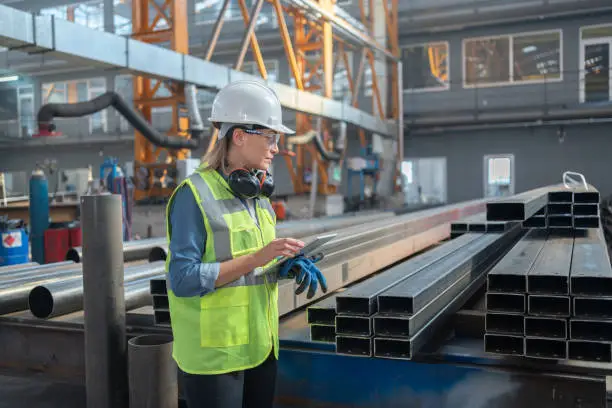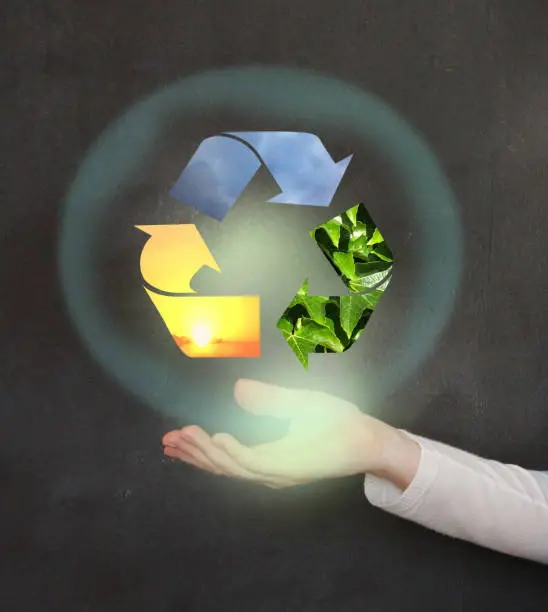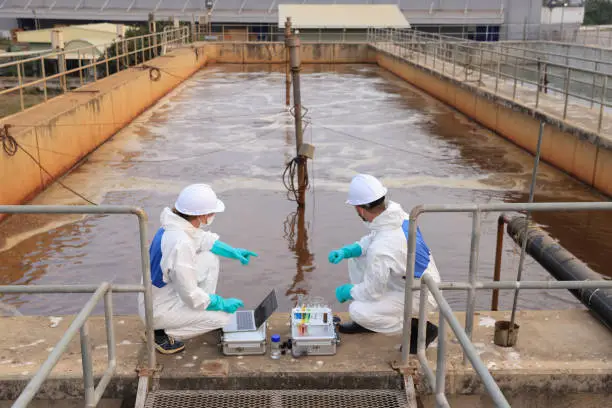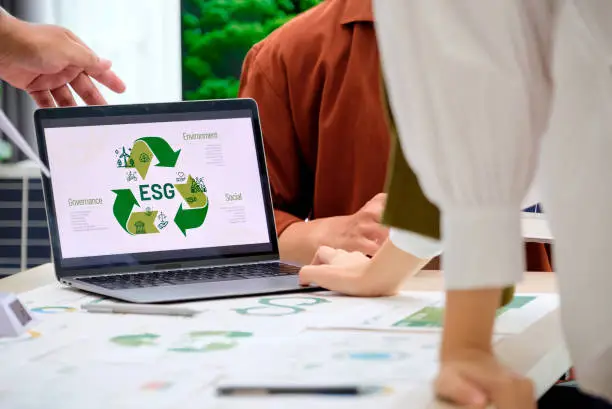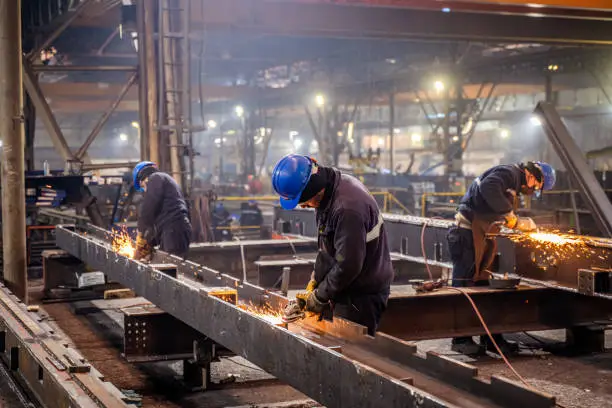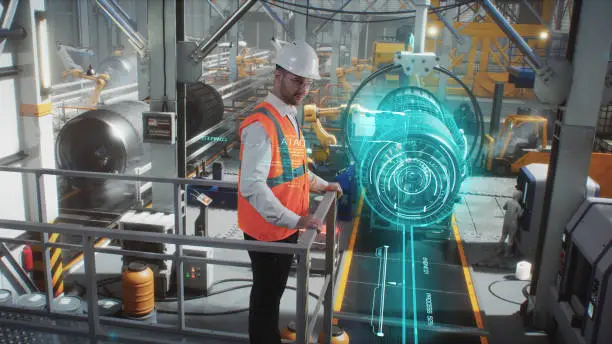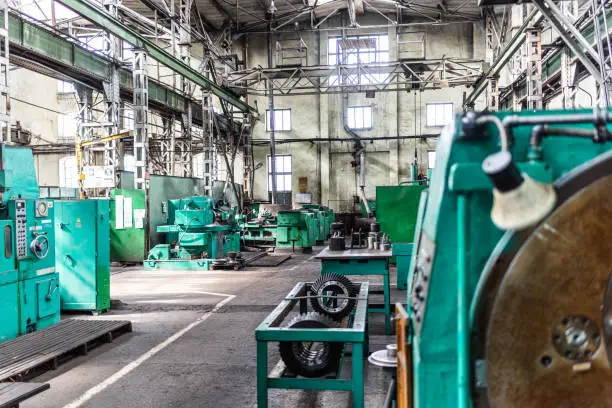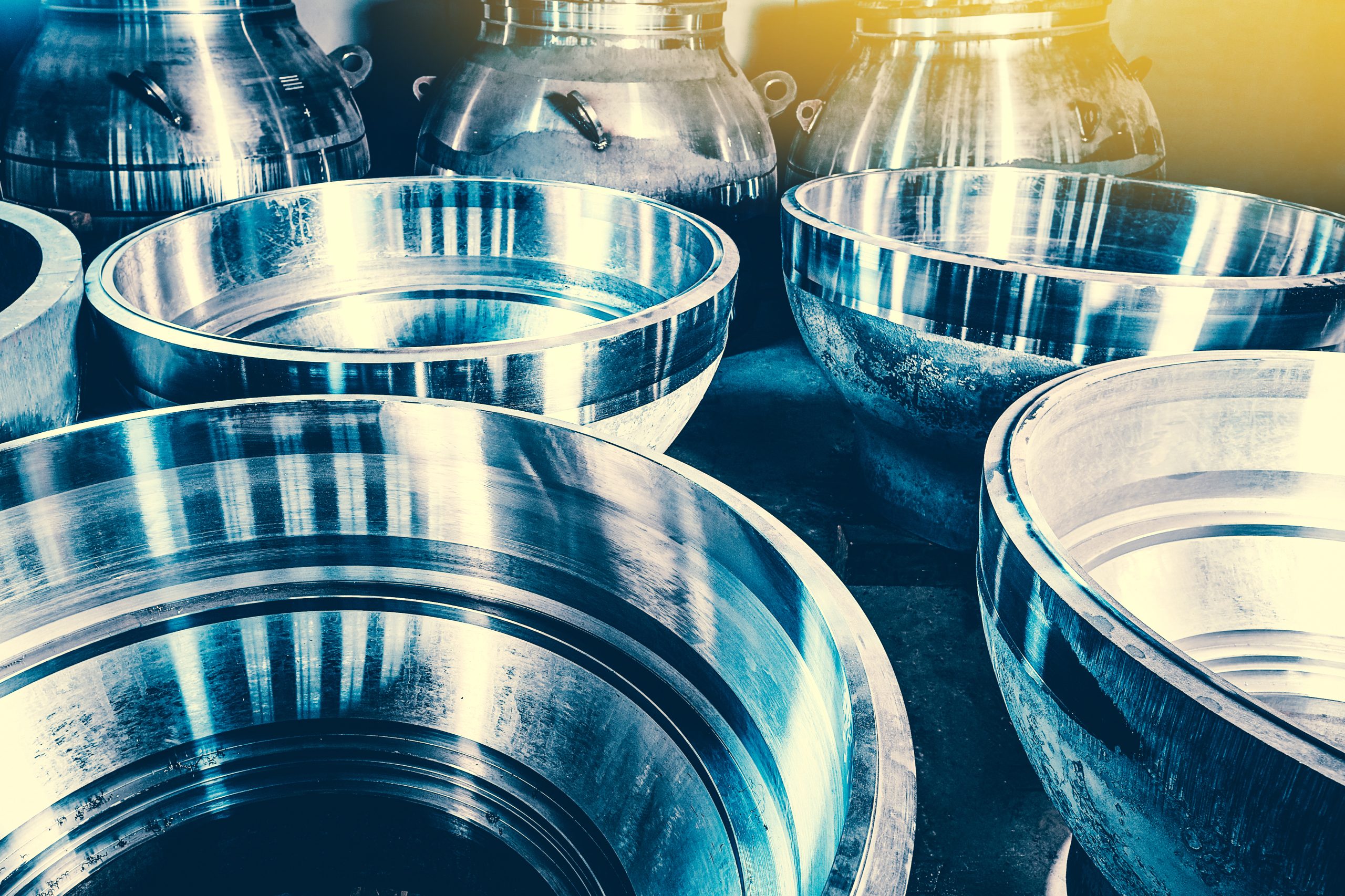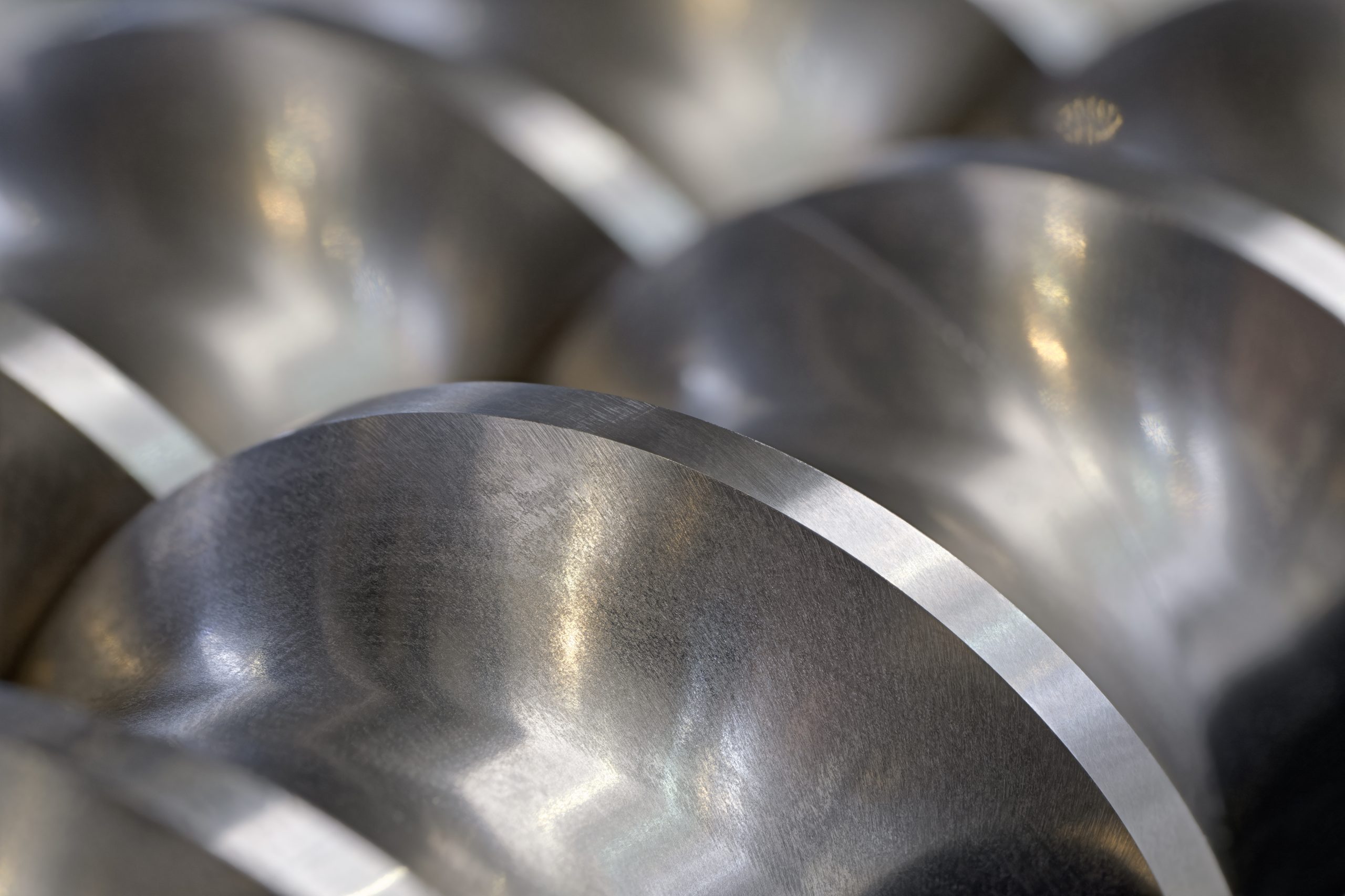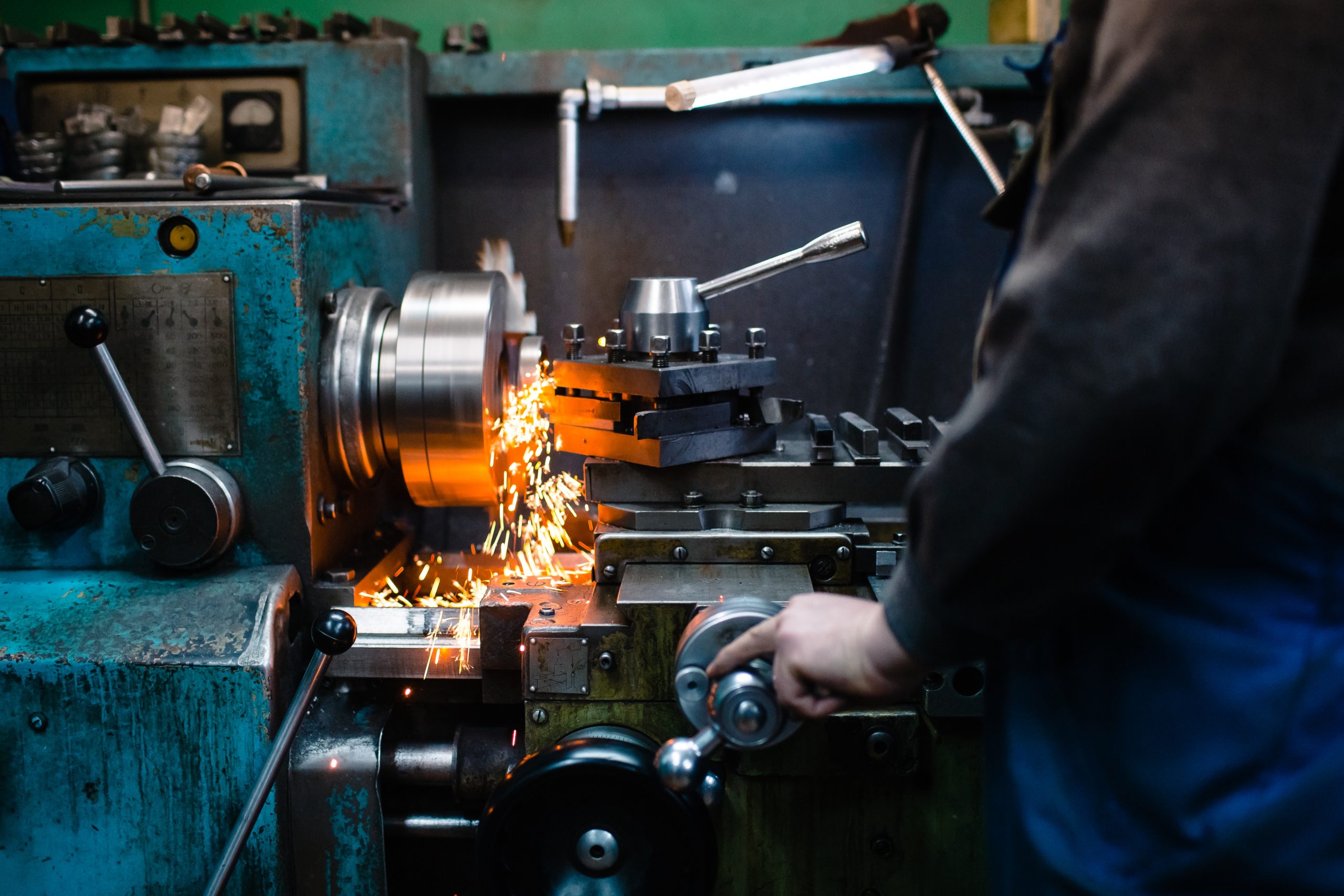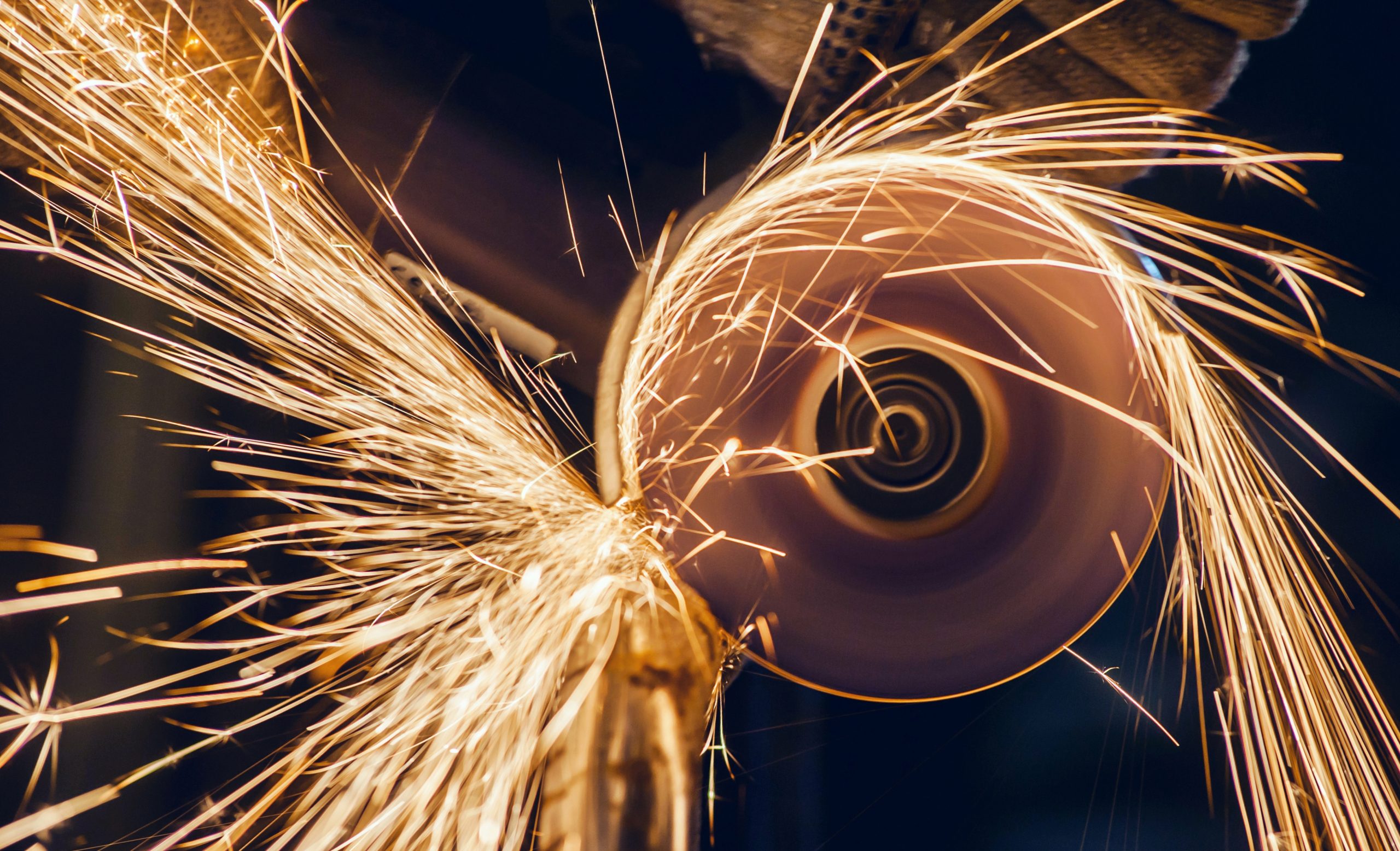- Metal Spinning: Metal spinning is a highly efficient shaping process that minimises material waste by reshaping rather than removing material. This technique is more sustainable than machining, using nearly all the input material in the final product. As a cold-forming process, it also typically requires less energy than methods that rely on heat, making it a preferred choice for manufacturers aiming to reduce waste and conserve energy.
- Laser Cutting: Laser cutting allows precise shaping with minimal waste, removing only necessary material. Laser technology has improved energy efficiency in metal cutting and allows manufacturers to create complex shapes without excessive material loss.
- Powder Coating: Powder coating provides a durable, eco-friendly finish to metal products without using volatile organic compounds (VOCs) commonly found in paints. Powder coating creates a high-quality finish while avoiding emissions, making it both a practical and sustainable option for metal finishing.
- Electropolishing: Electropolishing smooths metal surfaces without the need for abrasive materials. Electropolishing using an electrolytic bath achieves a clean, polished finish with fewer chemicals and contaminants, contributing to both quality and sustainability.

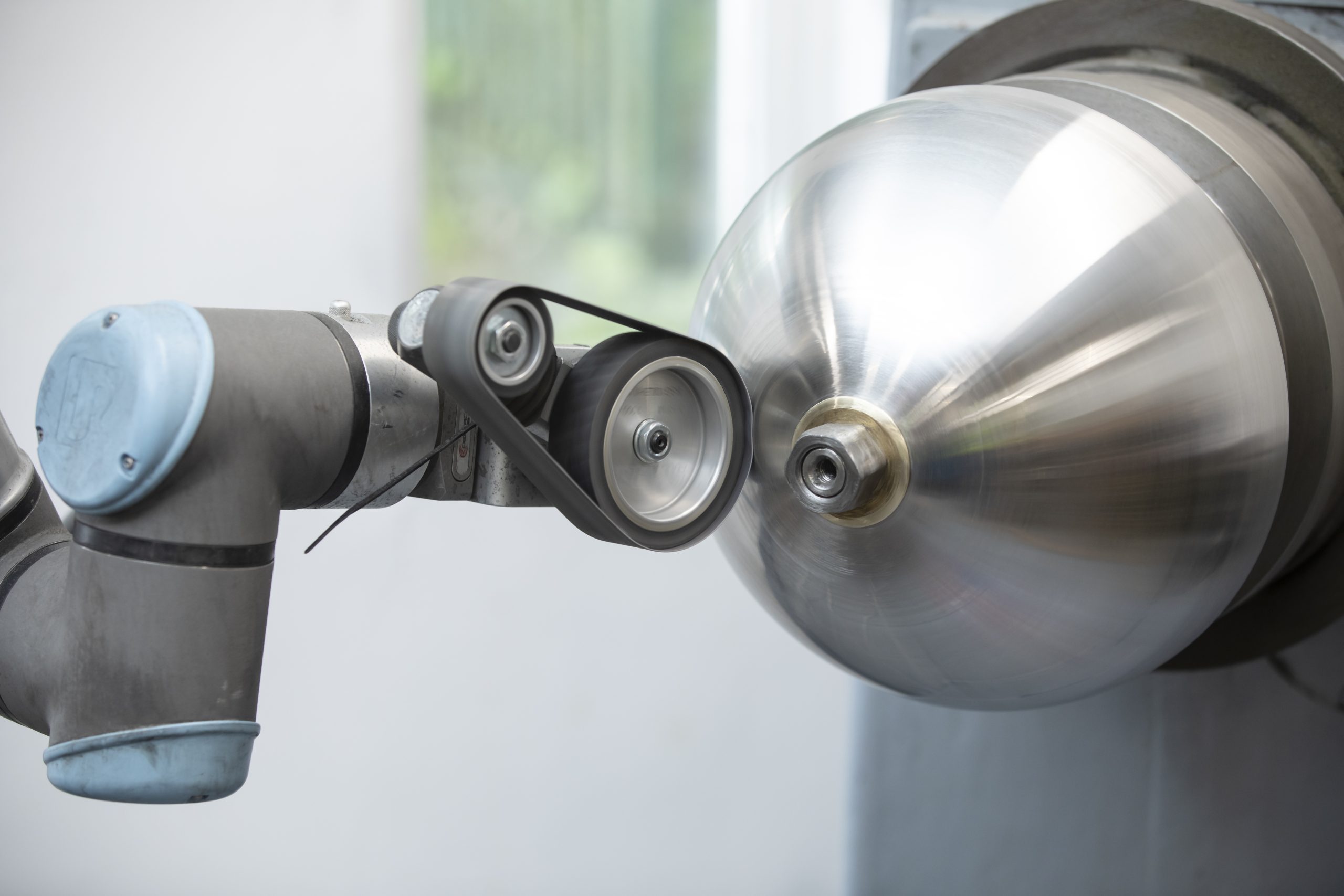 Metal Spinning
Metal Spinning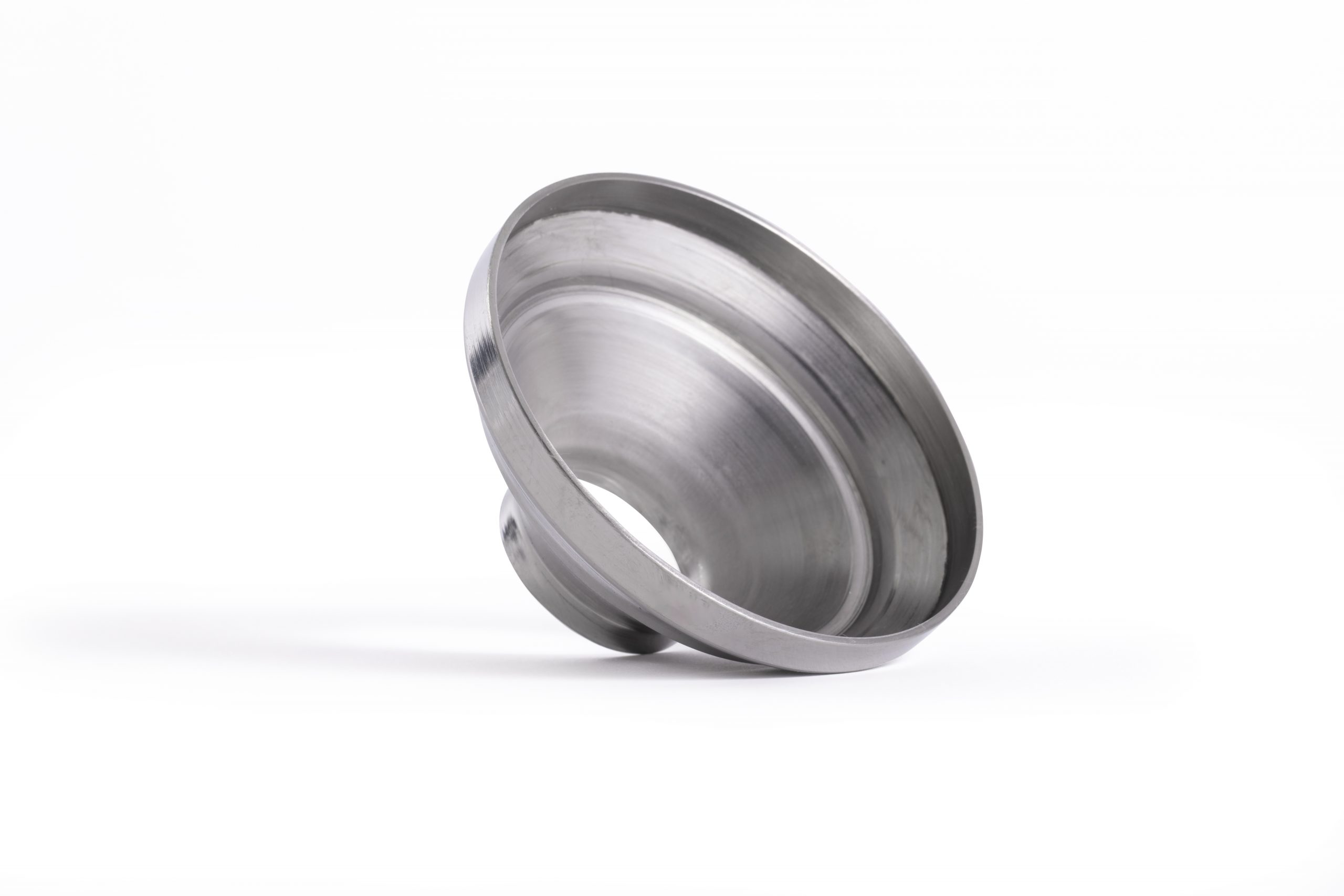 Bespoke Metal Spinning
Bespoke Metal Spinning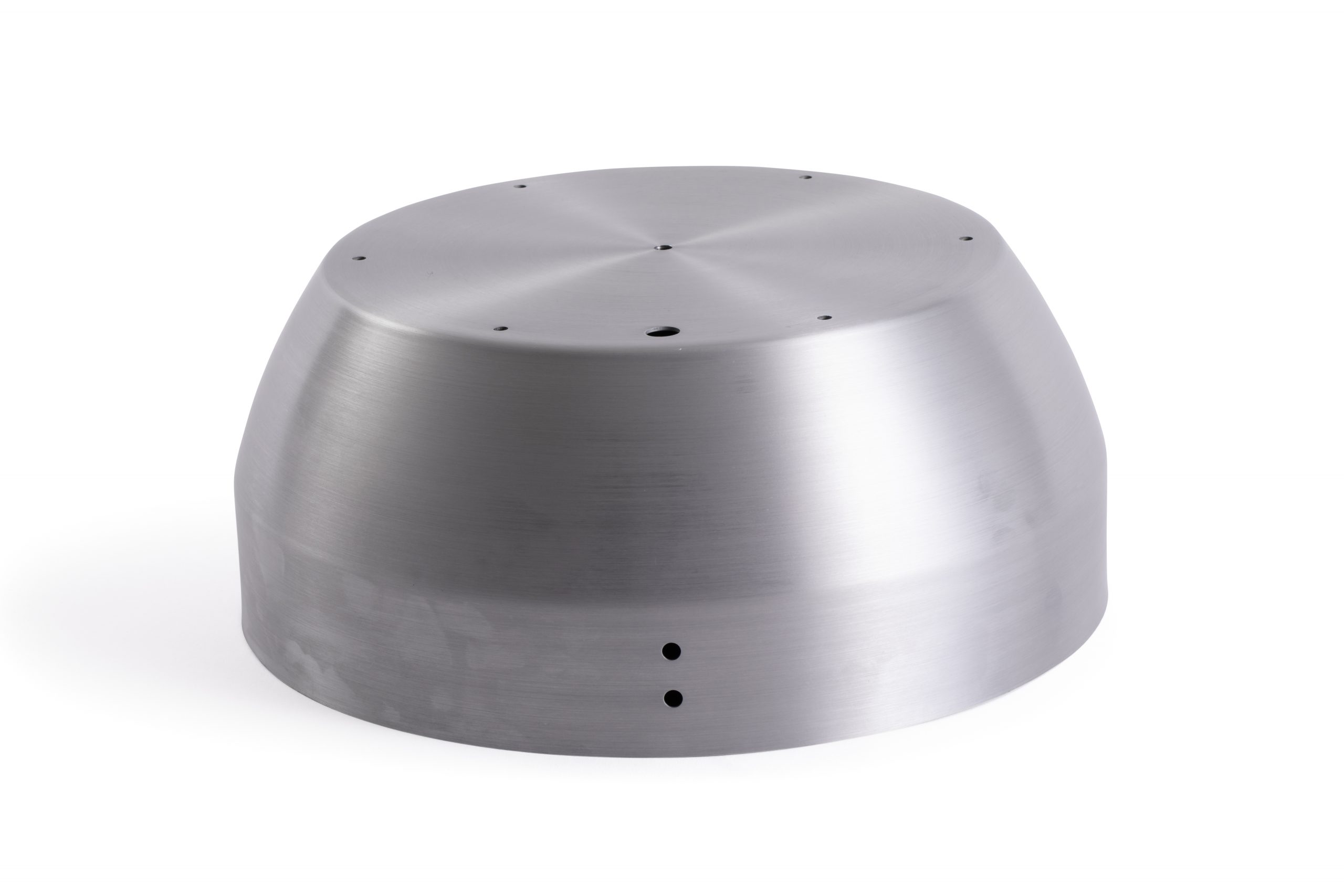 Metal Polishing
Metal Polishing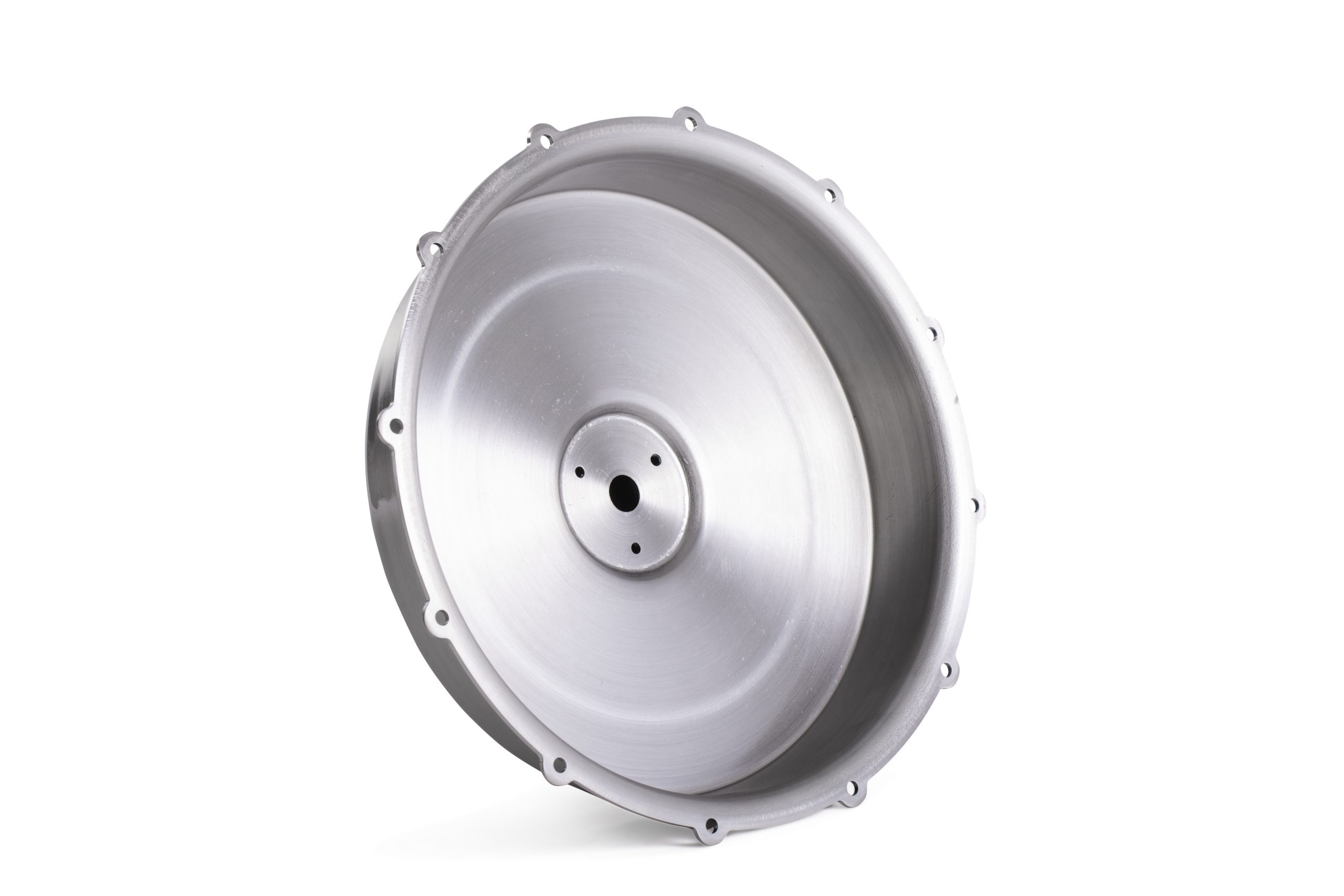 Machining
Machining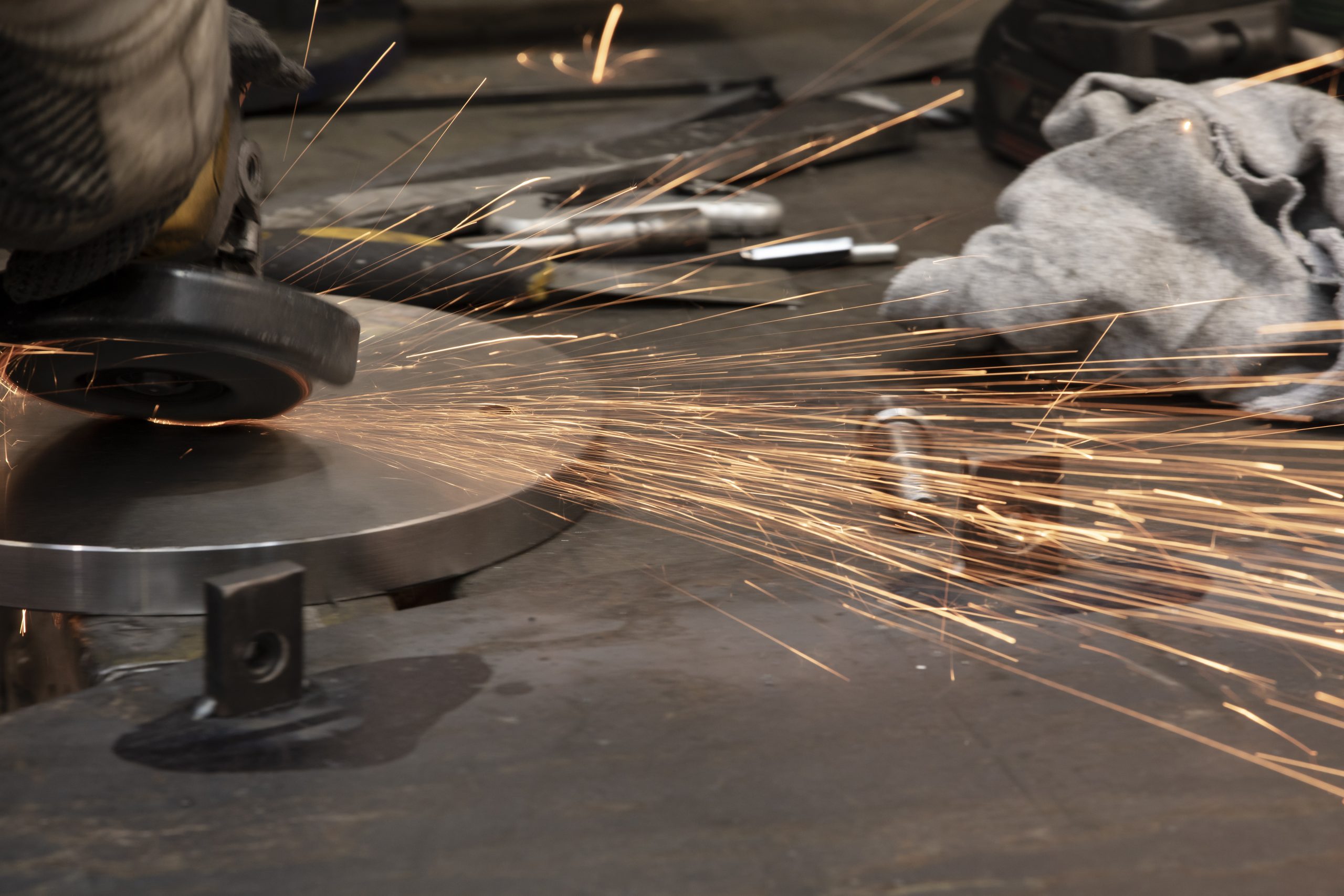 Metal Pressing
Metal Pressing Metal Swaging
Metal Swaging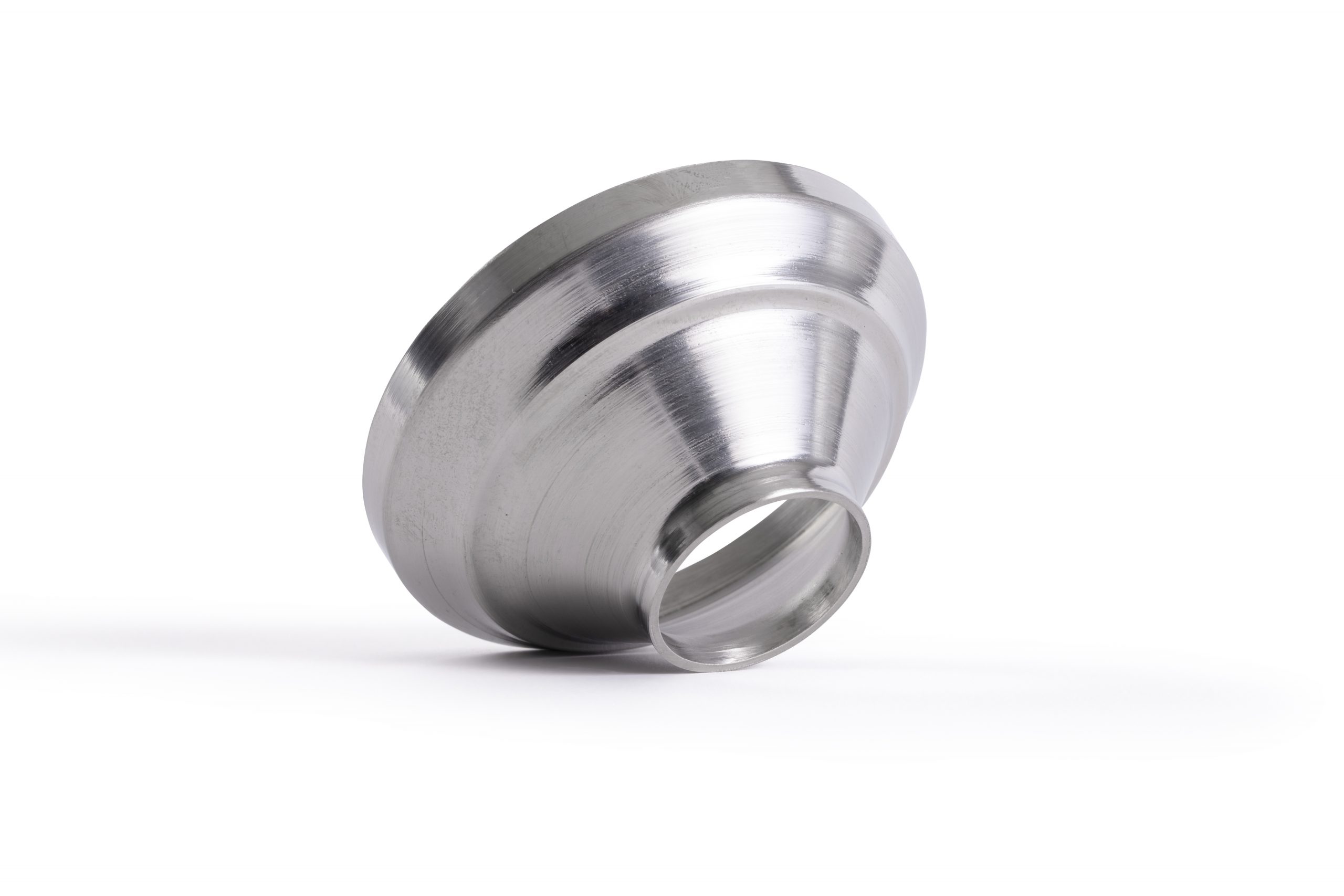 Metal Fabrication & Welding
Metal Fabrication & Welding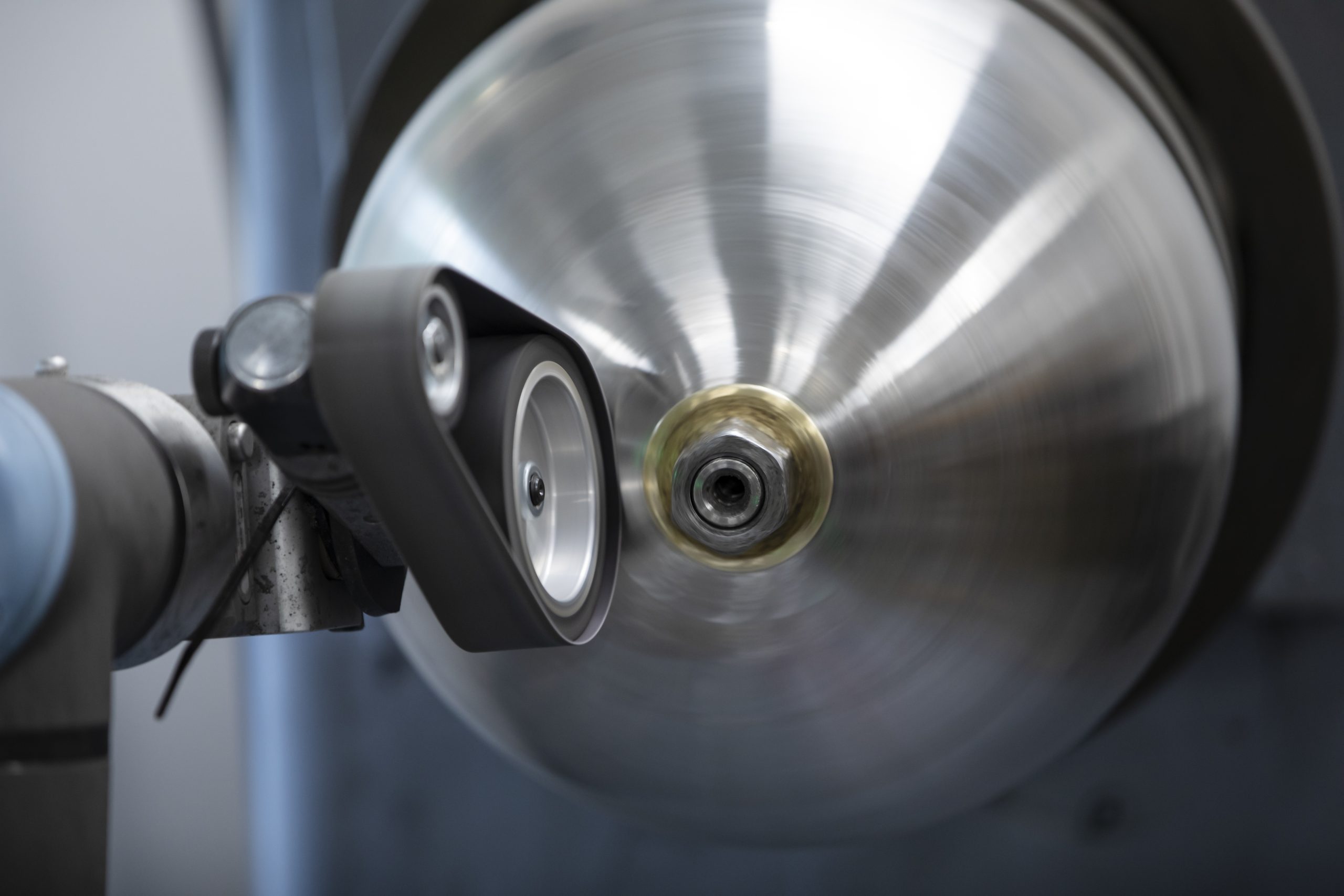 Precision Engineering
Precision Engineering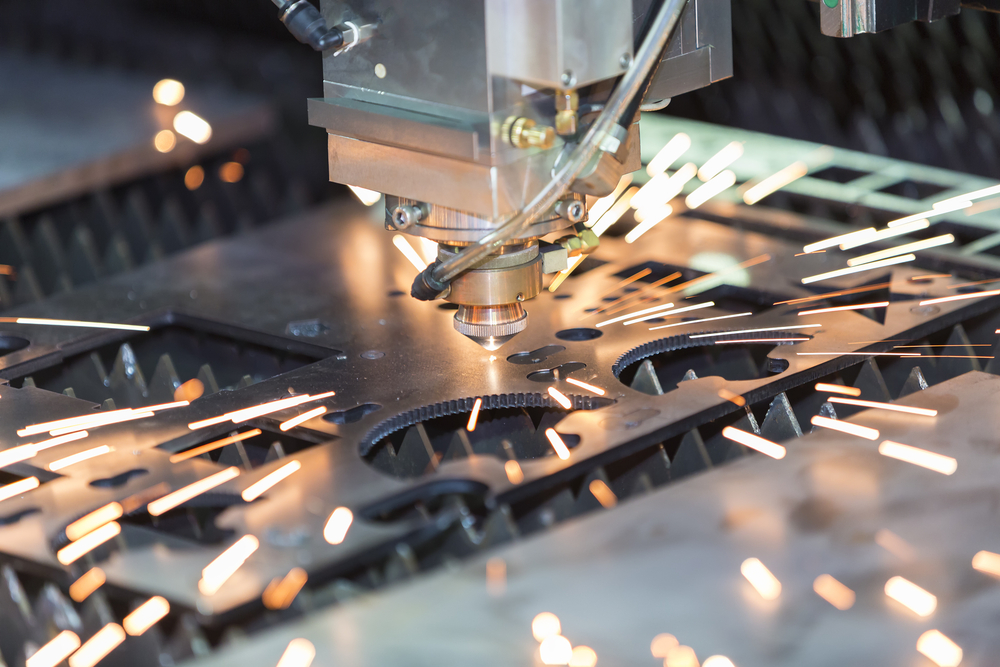 Laser Cutting
Laser Cutting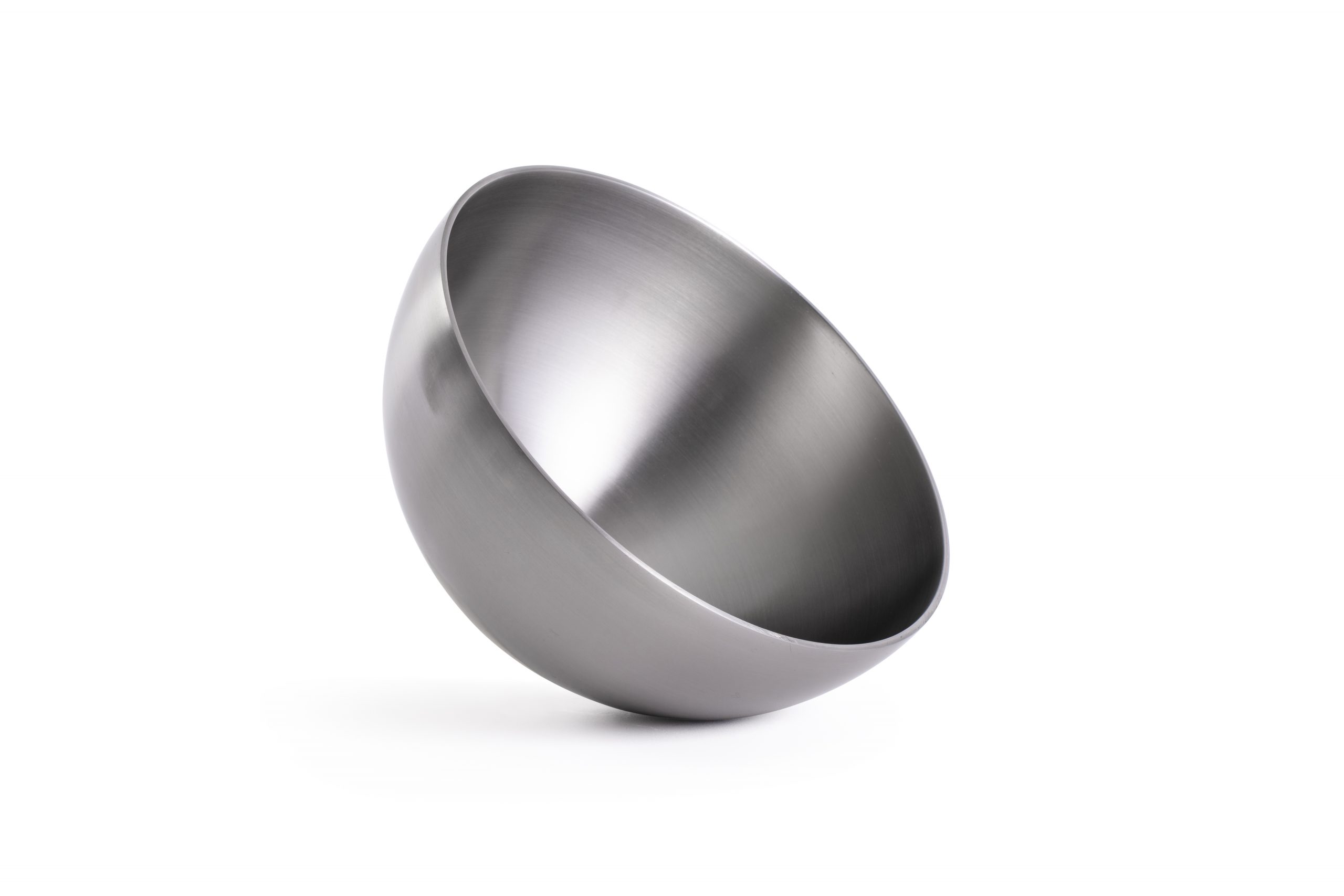 Inspection and Quality
Inspection and Quality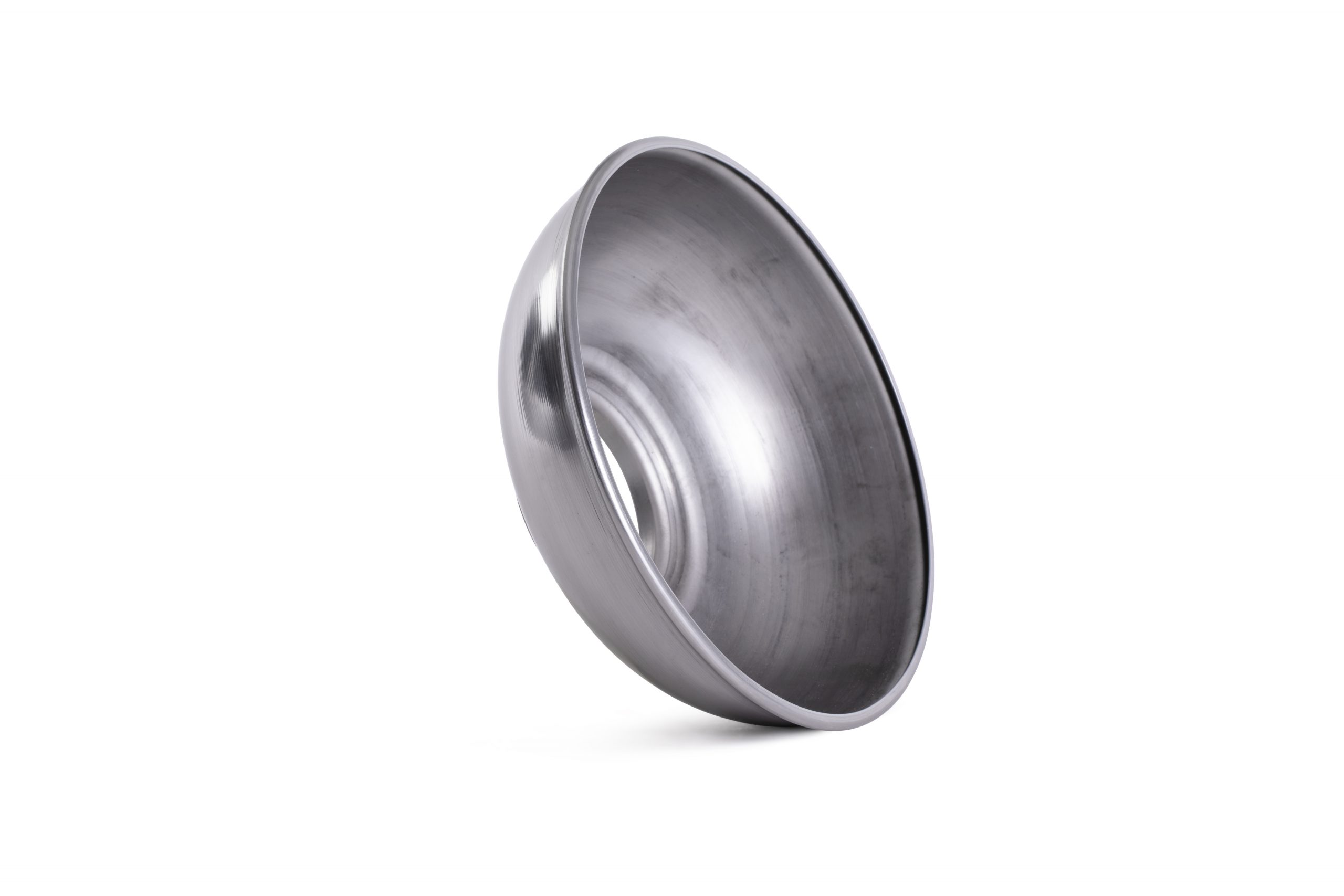 Anodising, Electropolishing and Pickling & Passivating
Anodising, Electropolishing and Pickling & Passivating Agriculture
Agriculture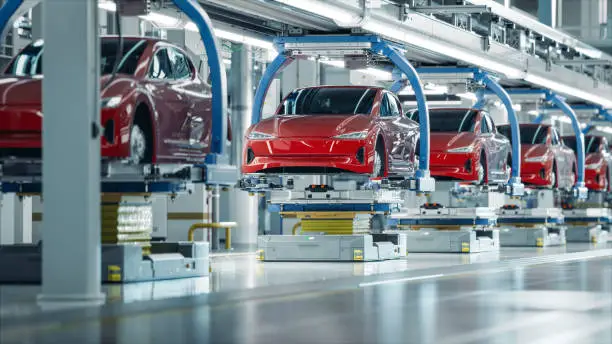 Automotive
Automotive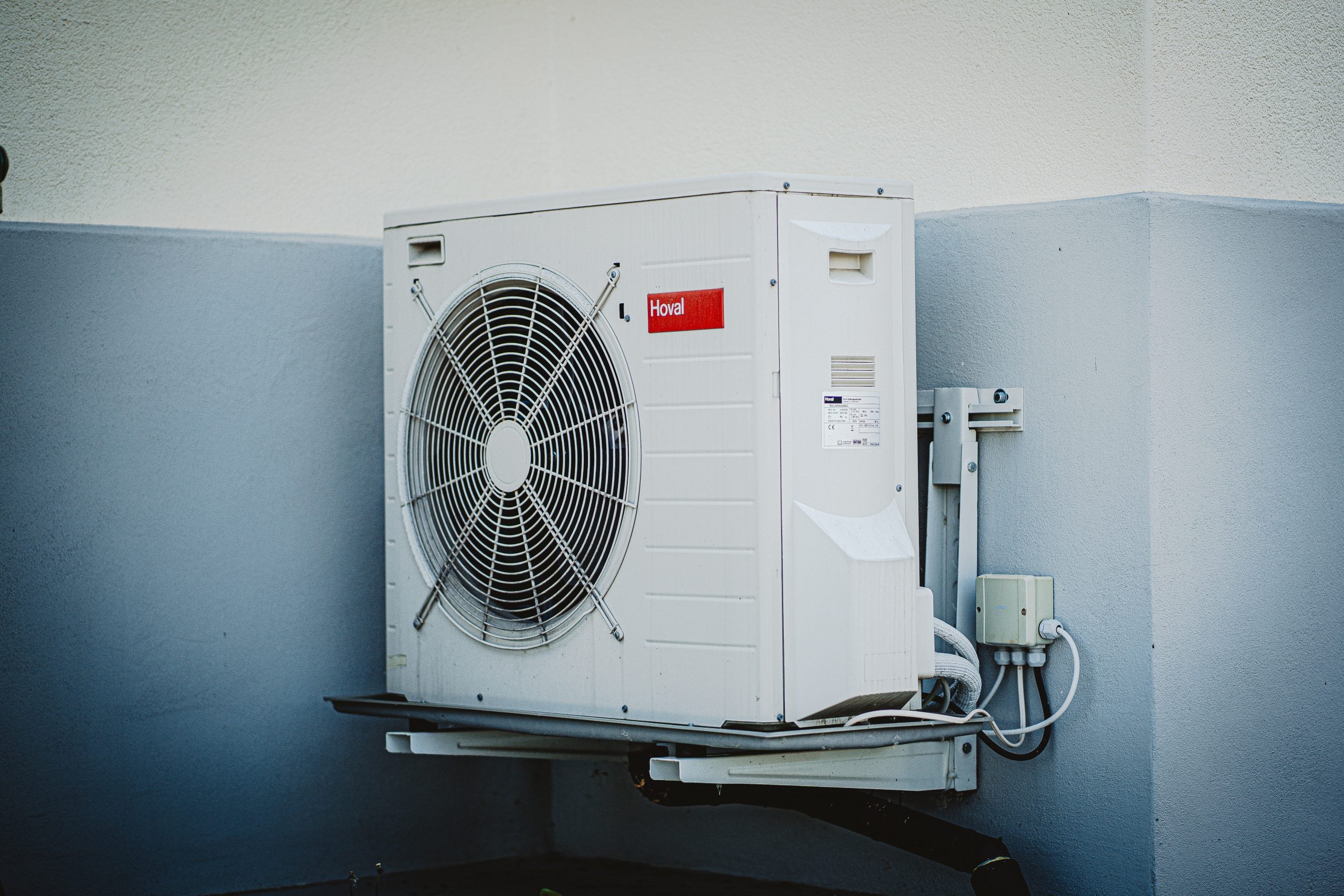 Air Movement
Air Movement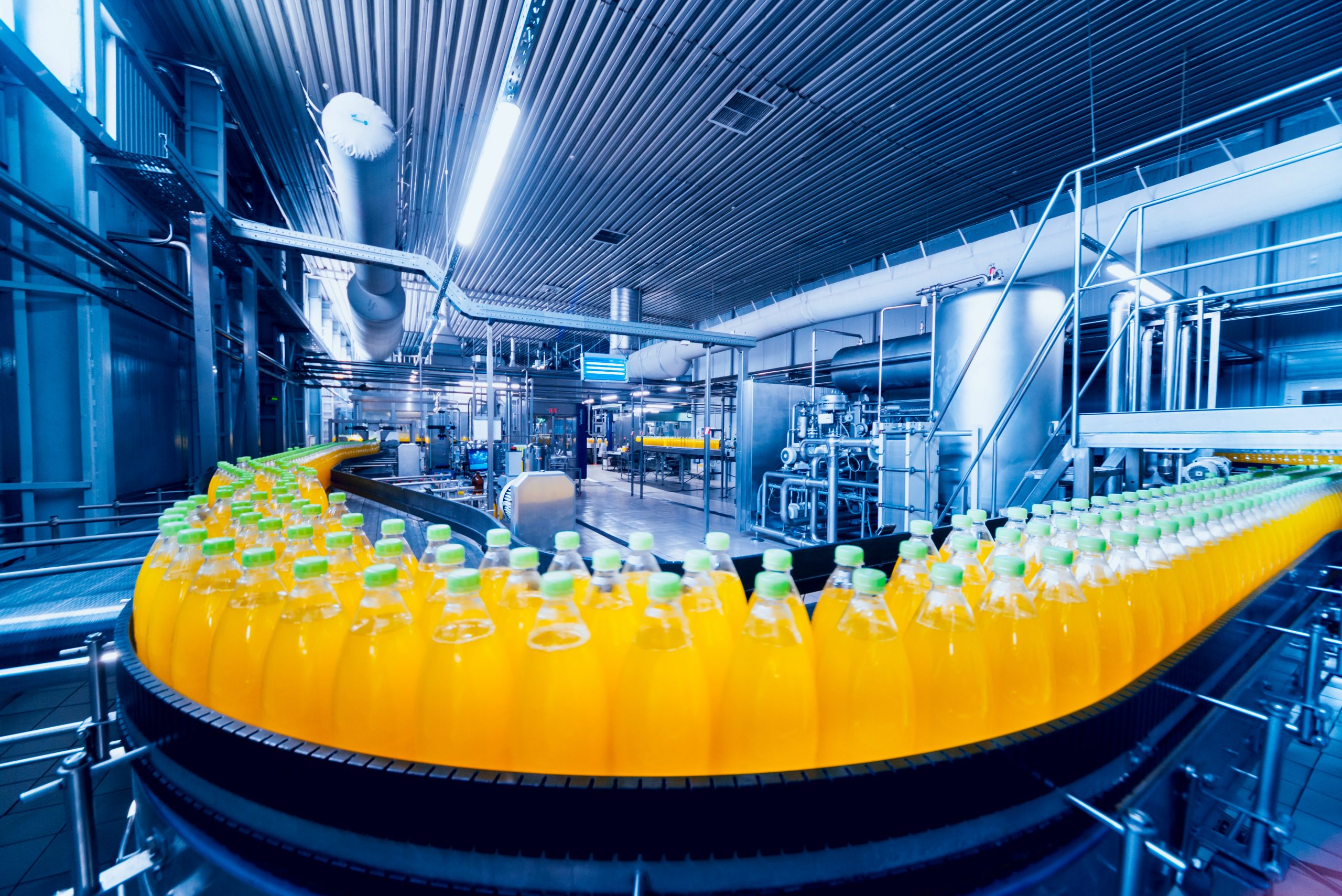 Food Industry
Food Industry Marine
Marine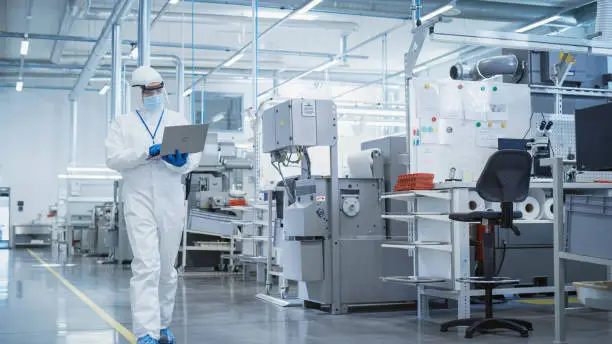 Medical and Cryogenic
Medical and Cryogenic Playground
Playground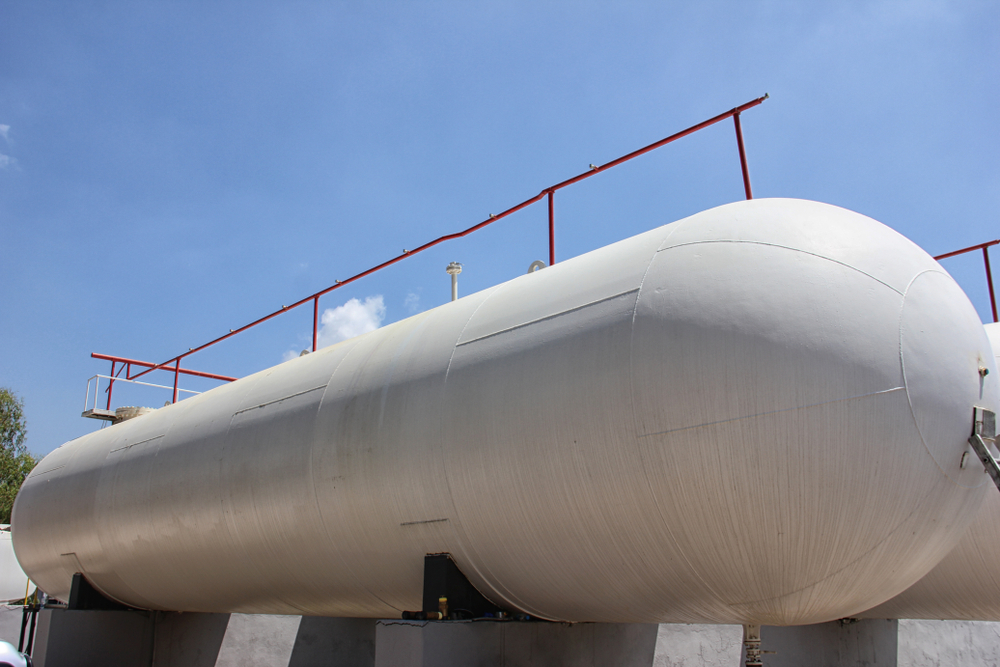 Pressure Vessels
Pressure Vessels Renewable Energy
Renewable Energy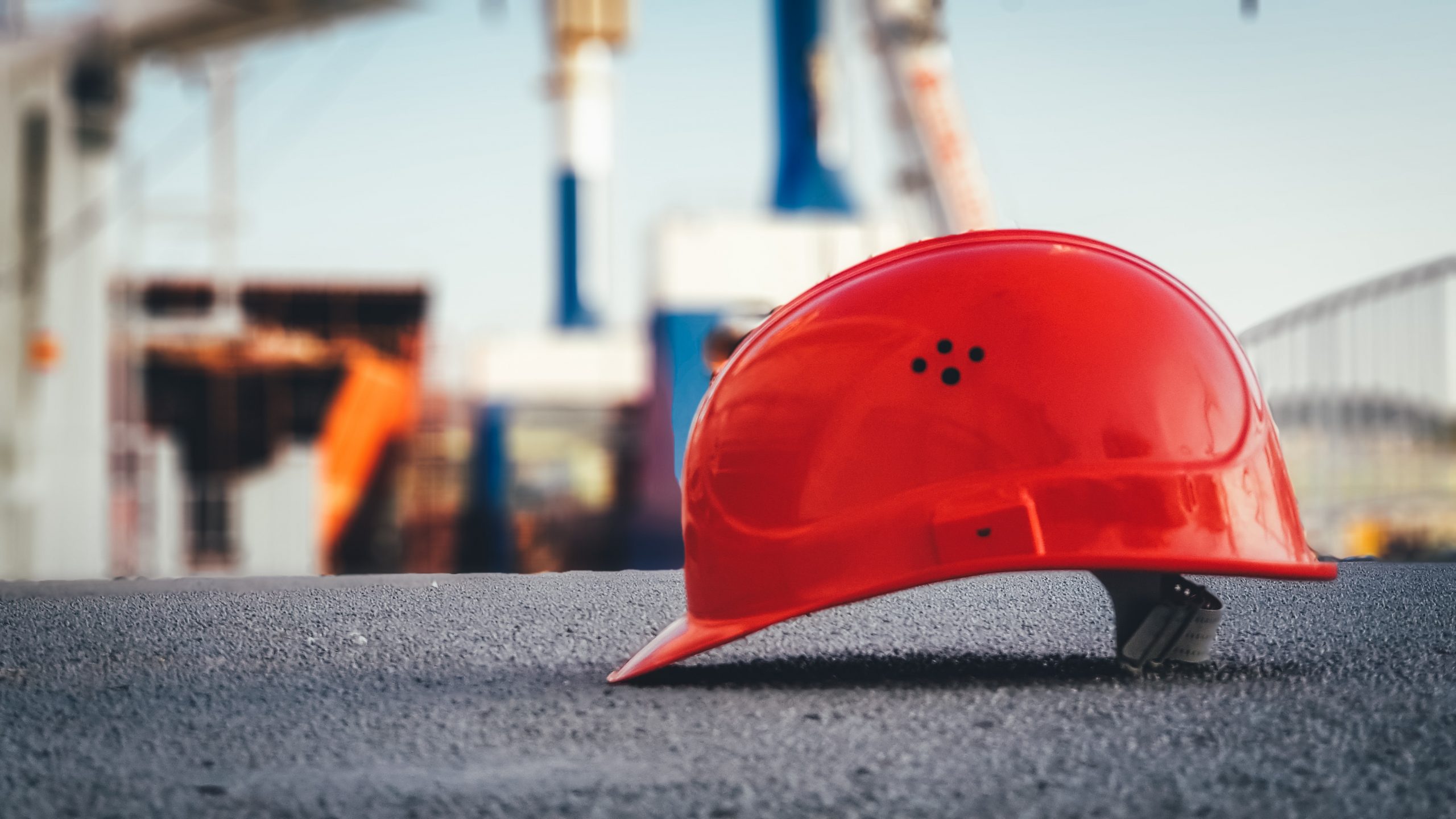 Safety
Safety